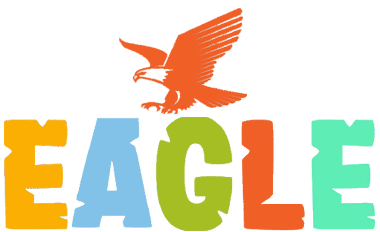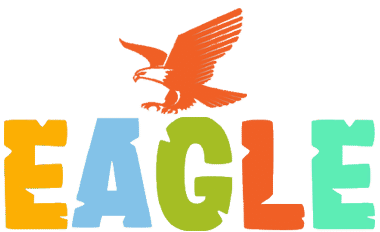
How to Evaluate Your Child’s Progress in Early Education
How Do We Evaluate Students in Our School?
Why Evaluation is Important ?
- Supports Personalized Learning: Evaluation helps identify each child’s unique needs and tailor educational strategies to support their development.
- Encourages Growth: Regular feedback motivates children to improve and take pride in their achievements.
- Engages Parents: Evaluations provide parents with insights into their child’s learning journey, fostering collaboration between school and home.
How We Evaluate Students in Our School?
1. Weekly Assessments
- Purpose: Monitor short-term progress in specific skills or subjects.
- Method: Simple quizzes, activity-based evaluations, or observation during class activities.
- Focus Areas: Language development, math skills, and social interactions.
2. Daily Reports
- Purpose: Keep parents informed about their child’s daily activities and achievements.
- Content: Highlights of lessons learnt, participation in activities, and any behavioural observations.
- Benefit: Allows parents to discuss the day’s learning with their child, reinforcing key concepts at home.
3. Monthly Comprehensive Evaluations
- Purpose: Provide a detailed overview of the child’s overall development.
- Content: Academic progress, social skills, emotional well-being, and physical development.
- Method: Individual meetings with parents to discuss the child’s growth and set goals for the next month.
Key Areas We Evaluate
1. Academic Skills
Progress in core subjects like language, math, and science. Ability to complete tasks independently and collaboratively.
2. Social and Emotional Development
Interaction with peers and teachers. Ability to manage emotions and adapt to structured routines.
3. Physical and Motor Skills
- Fine motor skills: Writing, cutting, and crafting.
- Gross motor skills: Running, jumping, and other physical activities.


Parent’s Role in the Evaluation Process
As partners in your child’s education, parents play a vital role in supporting their development:
- Review Reports Regularly: Discuss progress reports with your child to encourage self-reflection and motivation.
- Communicate with Teachers: Attend parent-teacher meetings and provide feedback to create a collaborative approach.
- Support at Home: Reinforce concepts taught in school through home activities and discussions.
Regular assessments during early education build a strong foundation for lifelong success
Instills a Growth Mindset: Children learn that improvement is a continual process. Encourages Self-Awareness: They understand their strengths and areas to focus on.
Builds Confidence: Achieving small goals boosts their self-esteem and prepares them for future challenges.
Message to Parents
Evaluation is not about assigning grades—it’s about understanding your child’s journey and celebrating their progress. At our school, we are committed to providing a nurturing environment where evaluations are a tool for growth, not pressure.Together, let’s work to help your child reach their fullest potential, ensuring they are confident, capable, and ready for the next stage of their learning journey.

